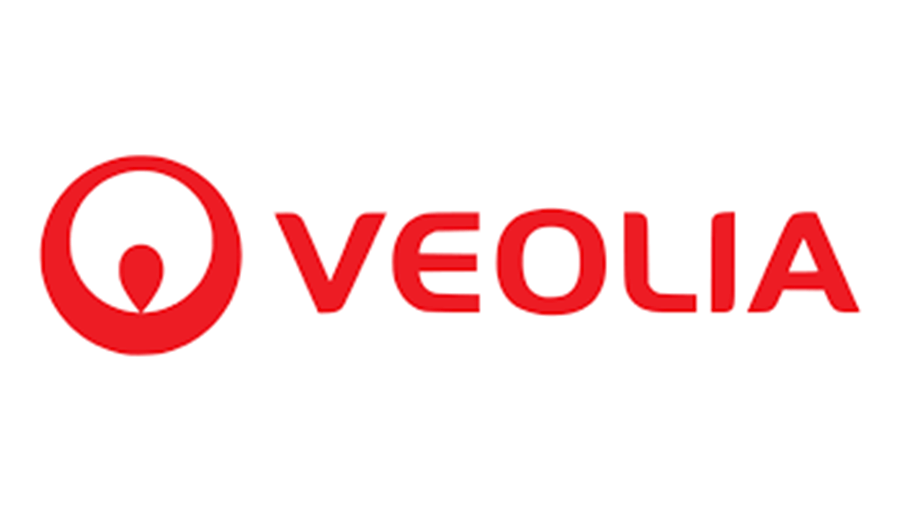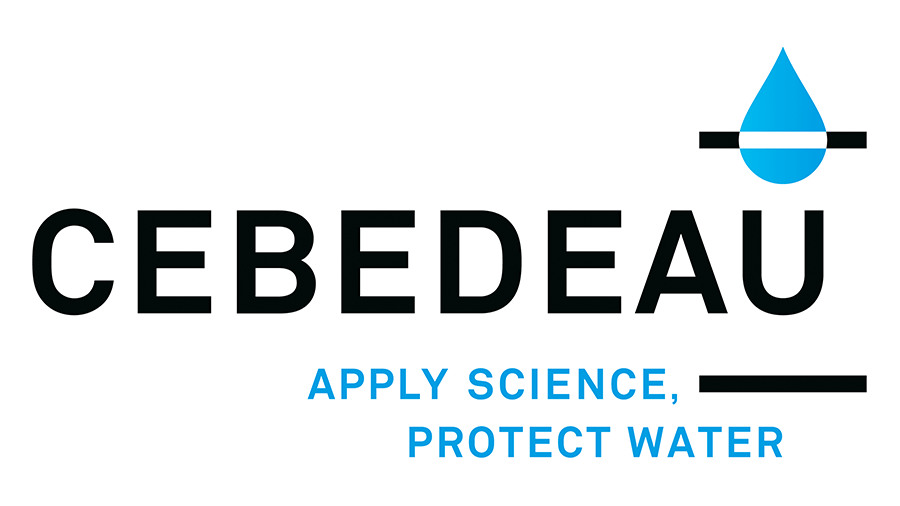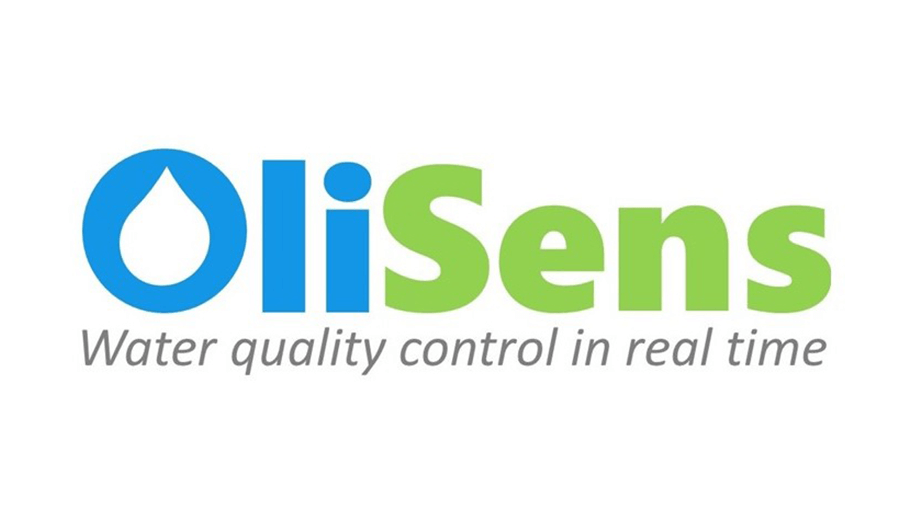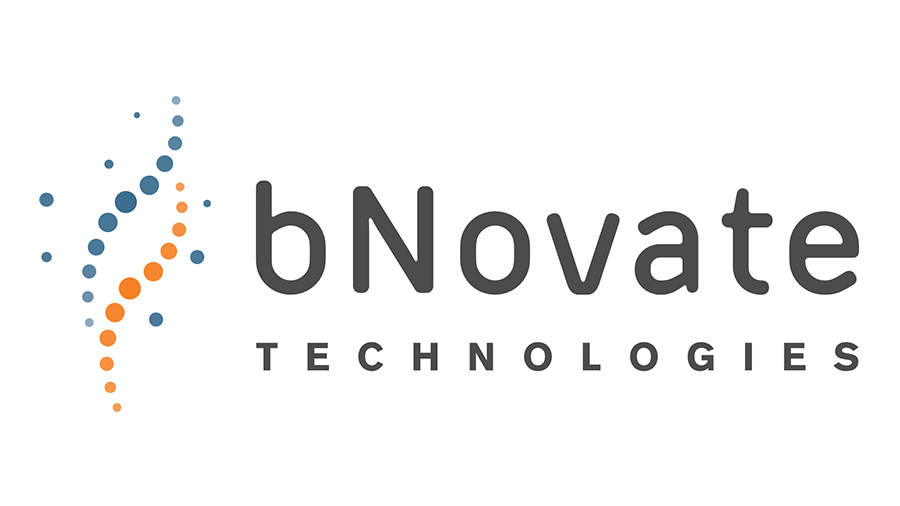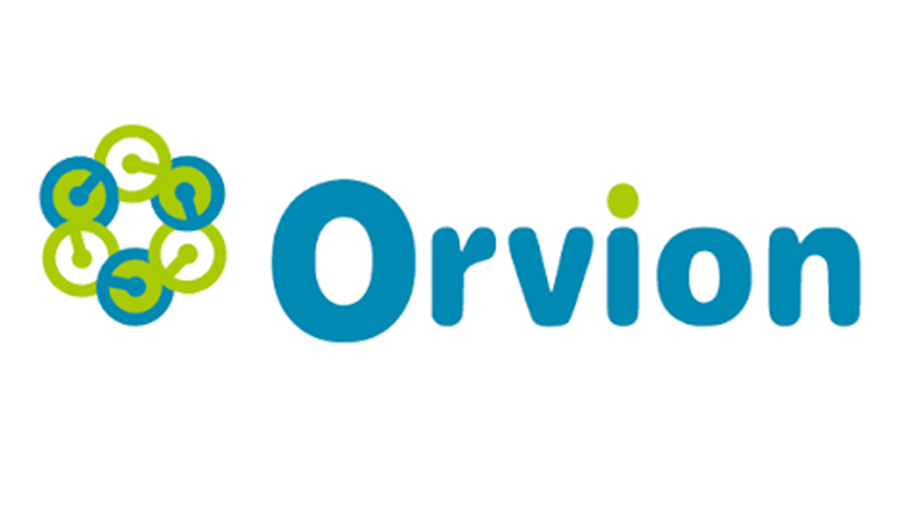Demo Case 4
Beaune, France
Background
Veolia oversees the water production and distribution for the Community of the Agglomerations of Beaune Côtes et Sud (53 communities with a population of 51000). Veolia operates 14 drinking water production sites with a total volume of around 4 million m3 per year distributed. The water resources are diverse and some of them need complete treatment such as coagulation, flocculation, filtration with activated carbon, disinfection. Water quality challenges on the drinking water systems include Nitrates, Heavy metals, hardness, Pesticides.
Key facts
- Pesticides, nitrates, and metals are periodically analysed in an external laboratory, with a lead time of several days which does not allow prompt diagnosis, reactive mitigation, and close monitoring of the corrective measures, whether the event occurs on the raw water sources or within distribution.
- Water quality management is currently based on the level the water resources and climate conditions. As the French health agency stressed the need for higher level of monitoring for metabolites of pesticides, non-compliance events may occur.
Expected impacts
- Improve monitoring of raw water quality to optimise the use of each source and the operation of each treatment plant.
- Enhance operational reactivity when facing water quality issues.
- Secure drinking water quality at all stages of its treatment and distribution


